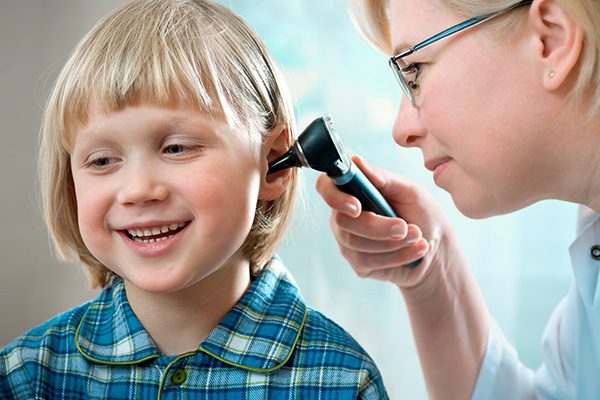The Connection Between Hearing Loss and Physical Activity
Staying physically active supports your overall health in ways that go far


Staying physically active supports your overall health in ways that go far

If you’re a musician, you’re in a tough spot when it comes to

Hearing loss affects millions of people worldwide, yet remains largely